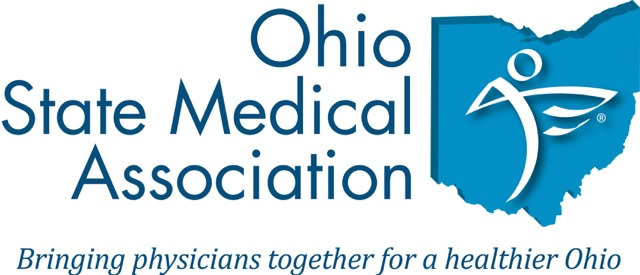Complete Story
01/18/2022
Medical Board's January Recap
Telemedicine
The medical board is busy drafting rules to support the recently passed telemedicine legislation, Ohio Senate Bill 122. Currently, the board has several rules that contain provisions that include telehealth topics, but they do not have an overarching “telehealth” rule. At the board’s meeting on January 12, the board shared that they will be developing a specific telehealth rule and amending any rules that are impacted by the new law.
Notable provisions of the new telehealth law include:
- Continued ability of initial patient visits and annual visits to be conducted via telehealth, and no requirement for patient to be seen in-person for these visits as long as the standard of care is met.
- Requirements stipulating that a new patient must have an initial in-person visit prior to prescribing of schedule II controlled substances. However, there are several exemptions that would allow for the patient to receive care for this initial visit via telehealth if one of the following conditions is met:
- Patient is receiving palliative or hospice care.
- Patient is receiving medication-assisted treatment or other medication for opioid use disorder.
- Patient is being treated for a mental health condition.
- Determined by the clinical judgment of a health care professional in an emergency situation.
- Patient is receiving palliative or hospice care.
- Permits telehealth services to be provided to a patient participating in the Medicaid program, and specifies that certain providers would be eligible to submit claims to the Ohio Department of Medicaid for payment for telehealth services rendered.
- Allows telehealth visits to use both synchronous and asynchronous technology (both methods would be covered under a health plan).
- Prohibits health plans from imposing cost sharing for telehealth services that exceeds the cost sharing for comparable in-person services and prohibits cost sharing for communications that meet specified criteria.
- Specifies that a physician is not liable in damages under a claim that telehealth services provided do not meet the standard of care that would apply if services were provided in-person.
Ohio’s new telehealth law goes into effect in March 2022. It is unlikely that the medical board’s rule will be finalized by that time. However, the new law allows the board to suspend its existing telehealth provisions until the board’s new/amended rules are finalized. OSMA will be actively following the rule’s progression and we will work with the medical board to provide physician feedback as the rule develops.
Medical Marijuana
The Medical Board received nine petitions for potential new qualifying conditions during the 2021 petition window. The Medical Board’s Medical Marijuana Committee is anticipated to meet February 9. At that meeting, the committee will decide which petitions will be considered. A final vote on new qualifying conditions is expected this summer.
Condition names as listed by the petitioners:
- Gilbert’s Disease
- Anxiety
- Degenerative Disk Disease, Chronic pain, PTSD
- Bi polar, Anxiety, Depression, Sleep Disorder
- Opioid Use Disorder (OUD)
- Insomnia
- Lupus
- Opioid Use Disorder
- Autism Spectrum Disorder
Prescribing Controlled Substances for Weight Loss
At the meeting of the Board in October 2021, the Board voted to move forward with changes to Rules 4731-11-04 and 04.1, to develop a rule draft that allows for the continued use of phentermine, a Schedule IV controlled substance for weight loss with rule requirements that prevent overprescribing, abuse and diversion.
At the board’s January 2022 meeting, the board introduced a proposed rule that would eliminate the 12-week prescribing limit and the requirement to strictly follow the FDA labeling requirements. The proposed rule would allow physician assistants to prescribe, combine the short term and chronic weight management rules, allow for flexibility for telehealth visits, and add some interim requirements when the prescribing extends past 3 months.
OSMA has been working with a group of national and local obesity medicine experts on this issue for several years. The medical experts are currently reviewing the draft rule and will work with the OSMA to provide stakeholder feedback when it is requested.

